Walking into a steakhouse can feel like stepping into a world of indulgence. The sizzling cuts of meat, the polished menus, and the low-lit ambiance all suggest one thing, you are here to enjoy a serious meal. But not everything on that menu is worth your money or your appetite. Some dishes are overpriced, poorly executed, or simply not the best option in this setting. Others, however, shine as classic steakhouse staples. Knowing what to order and what to avoid can transform your experience from average to unforgettable.
Do Order: Ribeye Steak
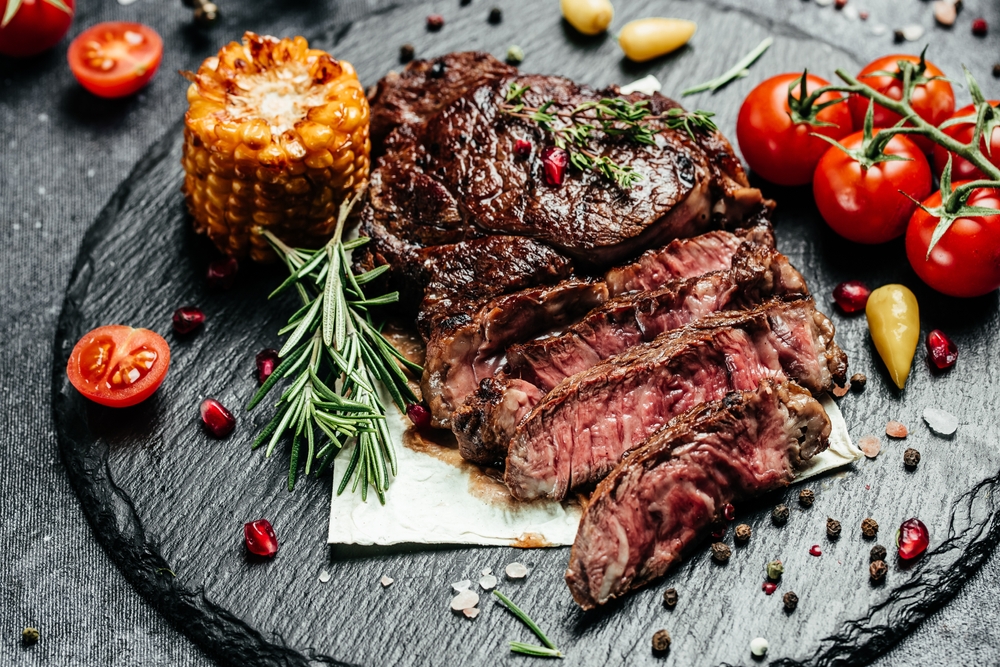
If you are here for the steak, the ribeye is a must. Known for its rich marbling, this cut is packed with flavor and tenderness. Unlike leaner cuts, the ribeye’s fat content allows it to stay juicy and succulent even when cooked beyond medium rare. A well-prepared ribeye offers a savory crust on the outside with melt-in-your-mouth texture on the inside. If the menu lists it bone-in, go for it, the bone adds extra depth to the flavor during the cooking process.
Avoid Ordering: Filet Mignon With Sauce
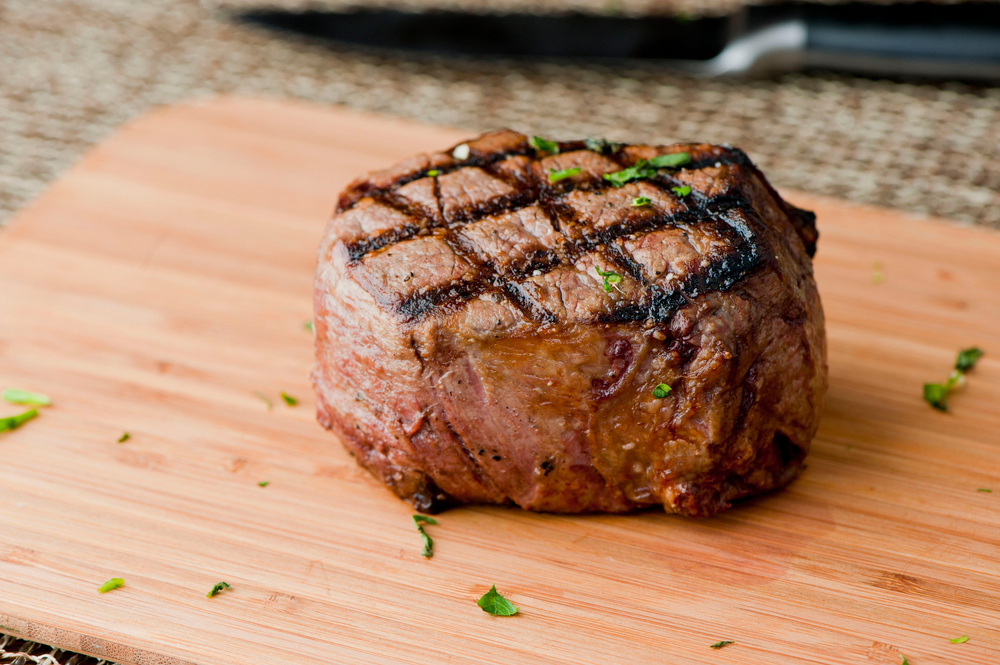
The filet mignon may be the most tender cut on the menu, but it is also one of the least flavorful. Many steakhouses try to mask this by drowning it in sauces like béarnaise or peppercorn cream. This ruins the subtle, delicate taste of the meat. You are also likely to overpay for a portion that is much smaller than other cuts. If you love filet, order it plain and rare, but understand it is not the best value for your money.
Read More: Mastering Steakhouse Etiquette: Mistakes You Don’t Want to Make
Do Order: Porterhouse For Two
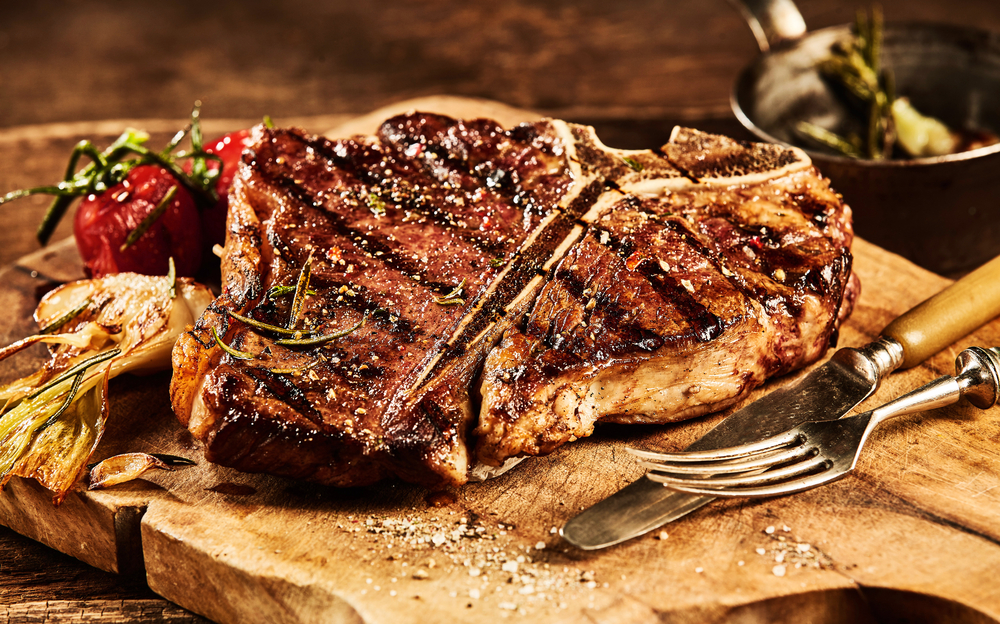
A porterhouse is essentially a T-bone on steroids. It includes both the strip and the tenderloin, offering two textures in one cut. When shared between two people, it often becomes the centerpiece of the meal. Most steakhouses cook this cut to perfection because it is a signature offering. Served medium rare and sliced tableside, it brings both showmanship and satisfaction to your dinner.
Avoid Ordering: Chicken Dishes
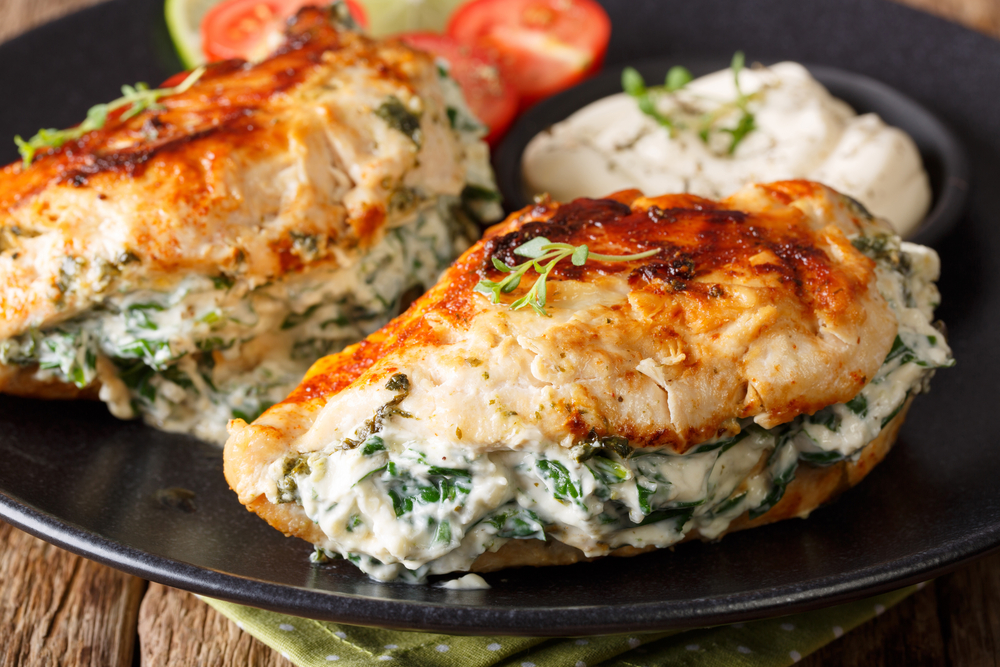
No matter how much the menu tries to jazz it up, chicken at a steakhouse is rarely impressive. It is often dry, overcooked, and an afterthought for the kitchen staff. Steakhouse ovens and grills are designed to sear beef, not gently roast poultry. Unless you have dietary restrictions, save the chicken orders for another night and focus on what the restaurant truly excels at.
Do Order: New York Strip
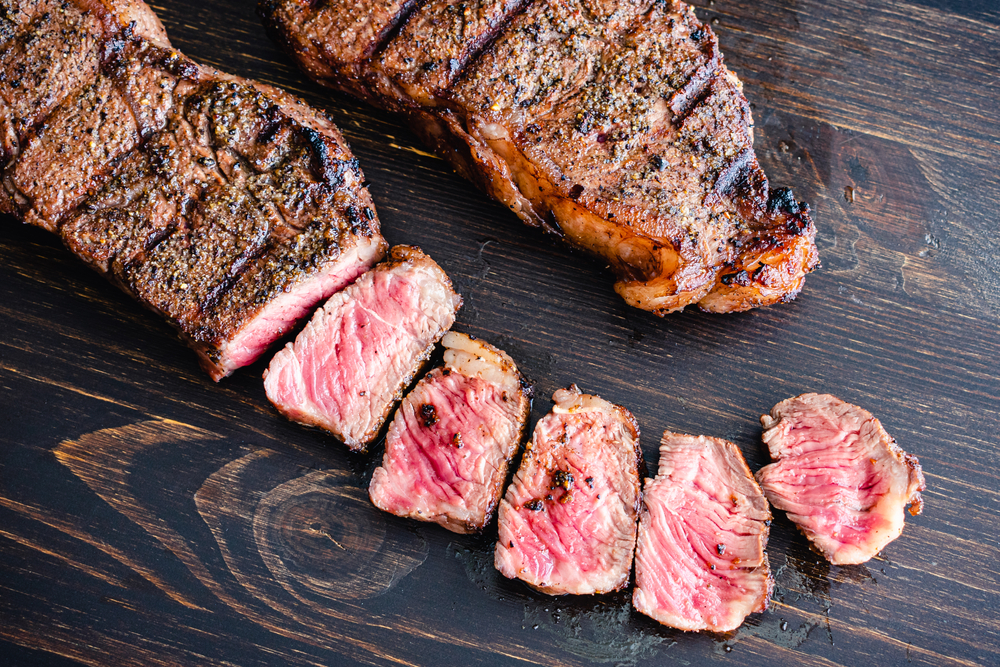
The New York Strip is a steakhouse staple for good reason. It has a balance of fat and firmness that makes it ideal for high-heat grilling. It usually comes with a satisfying crust and a rich, beefy flavor. Unlike ribeye, it is a little leaner but still delivers a powerful bite. If you want something flavorful without being overly fatty, this is your go-to.
Avoid Ordering: Seafood Specialties
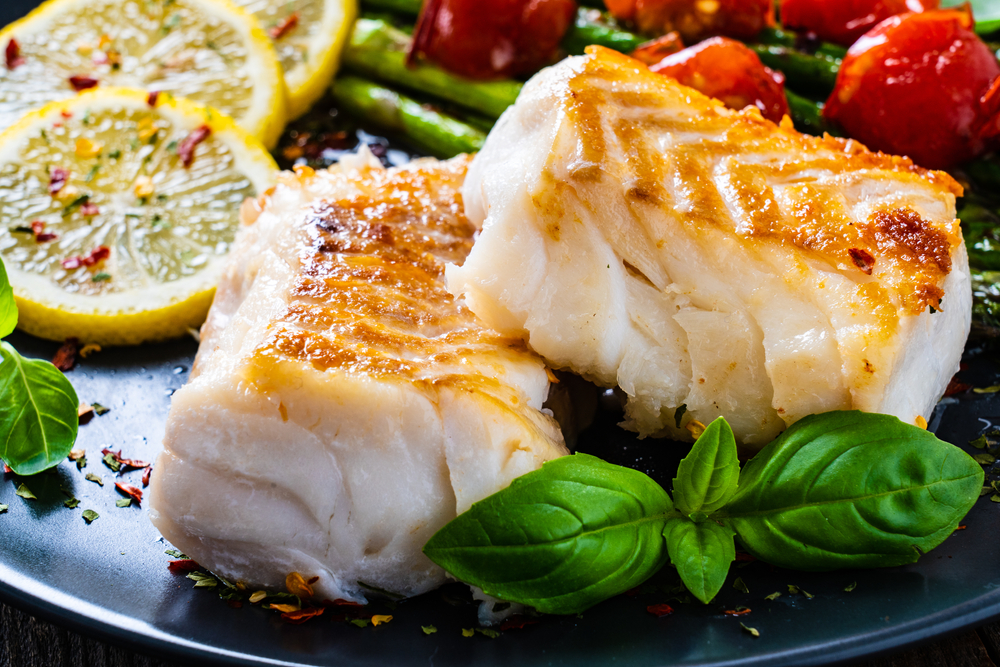
While some upscale steakhouses pride themselves on surf-and-turf combinations, most seafood options are not worth the risk. Fish can be overcooked or underseasoned, and shellfish like lobster tails are often frozen before preparation. Unless the restaurant is known specifically for both steak and seafood, skip the shrimp scampi or grilled salmon. Stick to the meat and save the seafood for a coastal eatery.
Do Order: Bone-In Cuts
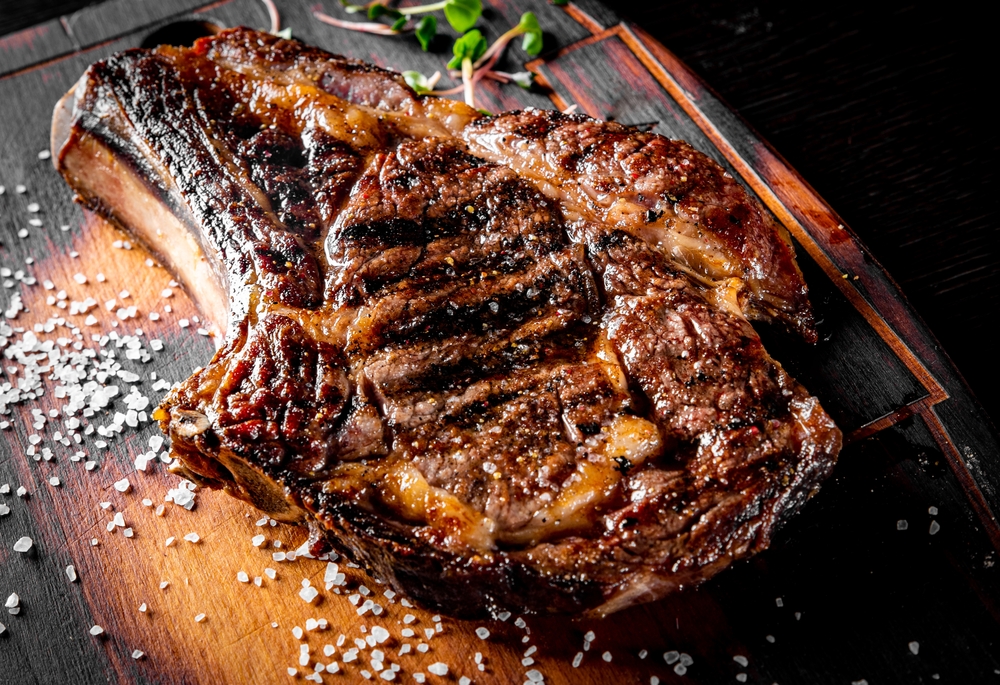
Bone-in steaks like the tomahawk or bone-in ribeye offer better flavor and visual impact. The bone helps retain heat, which allows the meat to cook more evenly. It also enhances taste due to the marrow and connective tissue surrounding it. These cuts are usually well-seasoned and presented as premium options. They also tend to be favorites of in-house chefs who want to show off their grilling skills.
Avoid Ordering: Well-Done Steak
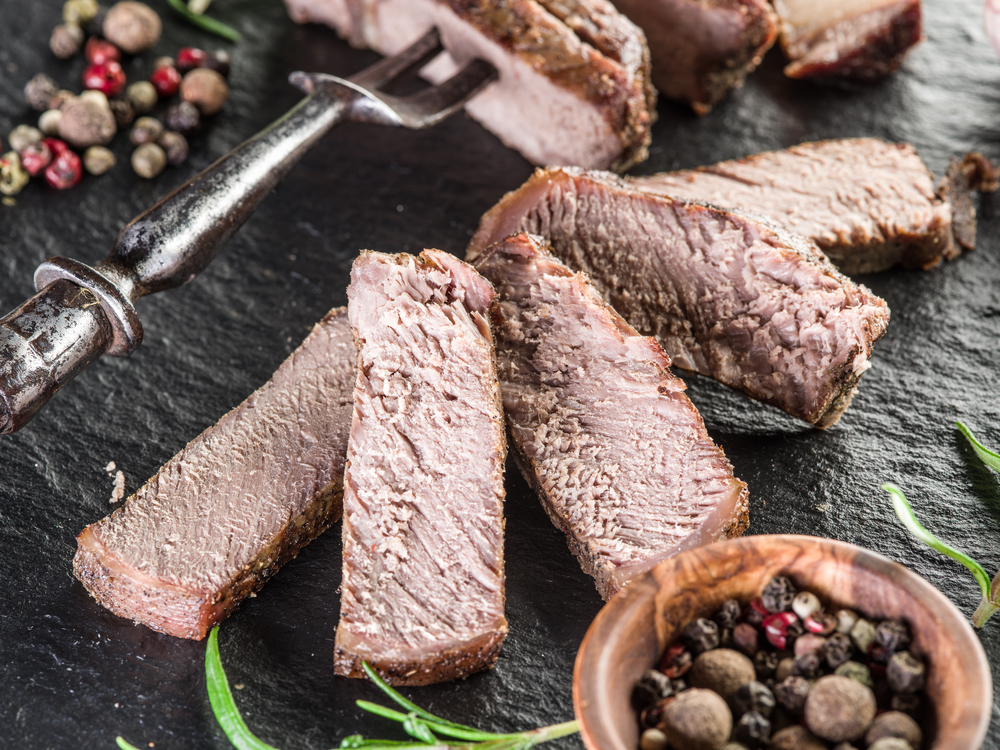
Ordering steak well-done defeats the purpose of going to a steakhouse. High-end beef loses its flavor and texture when overcooked. The fat melts away, leaving a dry and tough piece of meat. Chefs often cringe when forced to prepare it this way, and you are unlikely to enjoy the quality you paid for. If you are wary of pink centers, try medium or medium-well instead. You will get more flavor without sacrificing safety.
Do Order: Dry-Aged Steak
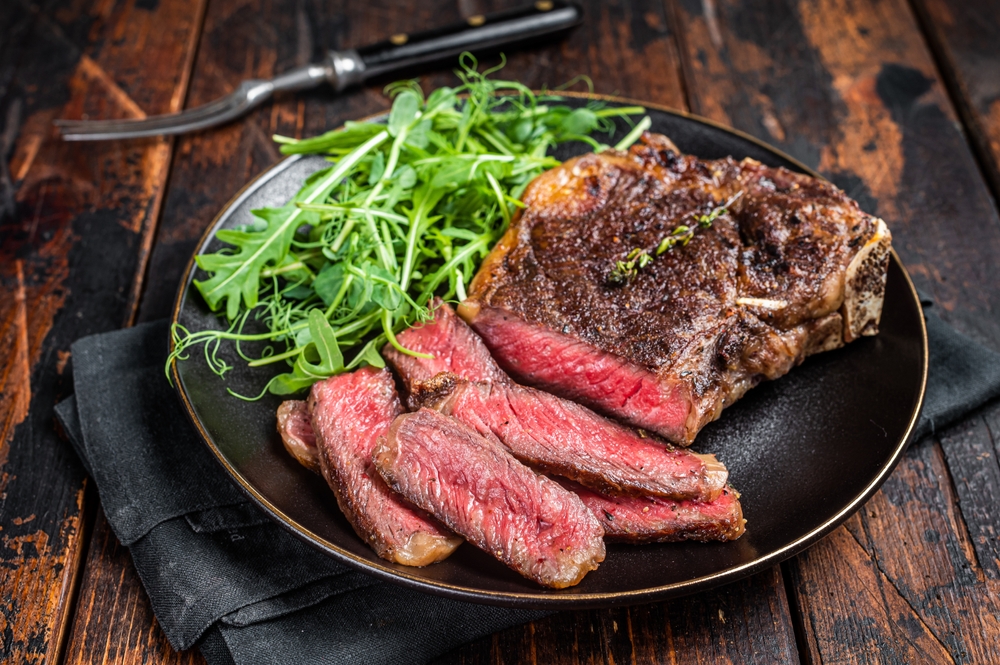
Dry-aged steaks are often pricier, but they are worth every penny. The aging process breaks down muscle tissue, which leads to intense flavor and tenderness. These steaks often develop a nutty, almost cheese-like aroma that adds complexity. If the steakhouse offers dry-aged cuts, go for it. Just be sure to ask how long the aging period was. Anything over 30 days tends to deliver standout flavor.
Avoid Ordering: Burgers
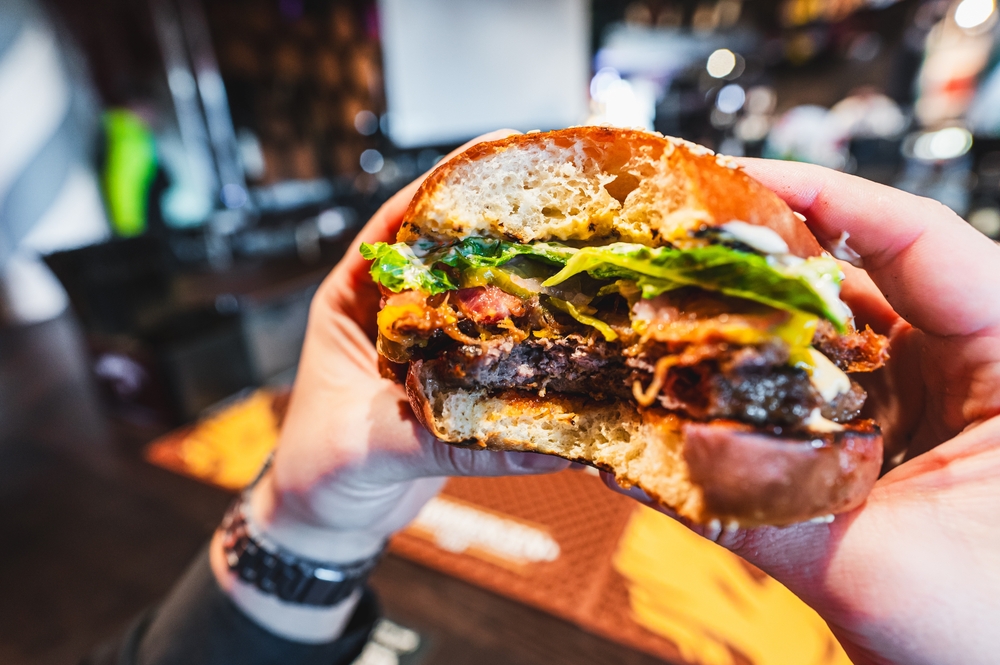
Some steakhouse menus include burgers, but that does not mean they are the best option. Even gourmet versions tend to fall short compared to a properly grilled steak. Burgers are usually ground in bulk and do not showcase the same care or quality as whole cuts. If you want a burger, go to a burger joint. A steakhouse should be all about premium cuts of beef, not sandwich fillers.
Do Order: Classic Sides Like Creamed Spinach
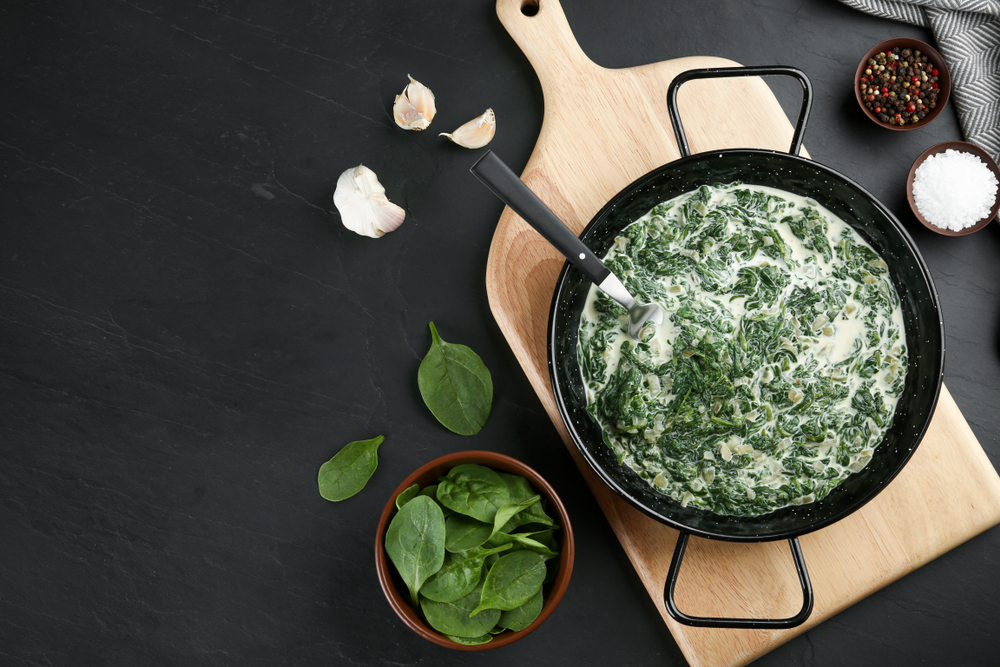
Steakhouse sides are almost as famous as the steaks. A good dish of creamed spinach, garlic mashed potatoes, or sautéed mushrooms can round out the meal perfectly. These are designed to complement steak, adding richness without overpowering the flavor. Look for sides that are simple and well-prepared. They are usually served in shareable portions, so you get more for your money.
Avoid Ordering: Fancy Salads With Too Many Ingredients

While a simple wedge salad or Caesar can be a refreshing starter, many steakhouse salads go overboard. They pile on candied nuts, fruit, cheese, and fried toppings, turning what should be a light beginning into a chaotic flavor mess. These are often overpriced and distract from the main event. Stick to a basic salad with a light dressing or skip it entirely if the sides look more appealing.
Do Order: Lamb Chops If Available
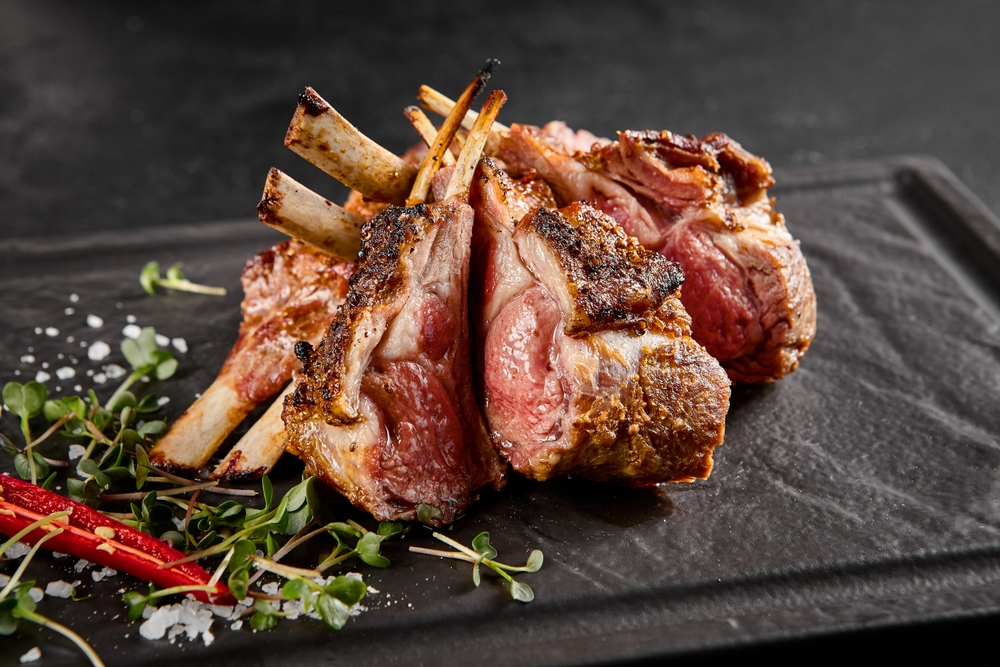
Lamb is not on every steakhouse menu, but when it is, it can be a great alternative to beef. Good lamb chops are juicy, tender, and well-suited to the same grill techniques used for steak. The earthy flavor pairs beautifully with rosemary, garlic, and char from the grill. If the kitchen has experience preparing lamb, this can be a standout choice that adds variety to your meal.
Avoid Ordering: Pasta Dishes
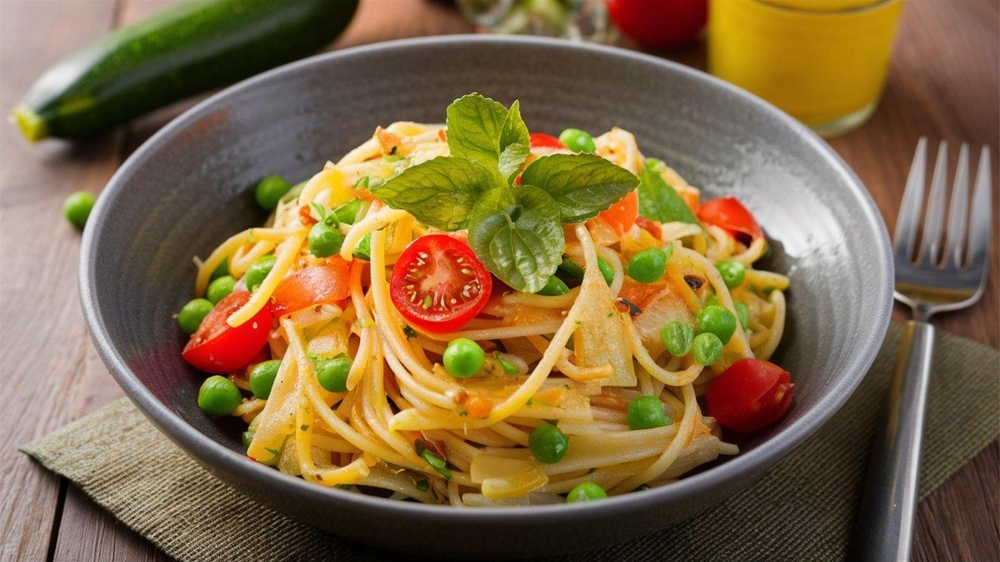
Pasta is not where a steakhouse shines. Most pasta dishes are tossed on the menu to offer something for non-meat eaters, and they are usually made from pre-cooked components. The sauces are heavy, the noodles overdone, and the flavors mismatched with the steakhouse vibe. Save pasta for an Italian restaurant. It will never be the highlight of a meat-centric meal.
Do Order: House-Made Desserts

Many steakhouses take great pride in their dessert menus. From chocolate lava cakes to key lime pies and crème brûlée, the sweets often get just as much attention as the steaks. If you are going to indulge, the dessert is where to do it. These dishes are typically made in-house and come with restaurant flair like torching or table-side pours. Ending your meal with a proper dessert makes the whole experience feel complete.
Avoid Ordering: Anything That Sounds Like a Gimmick
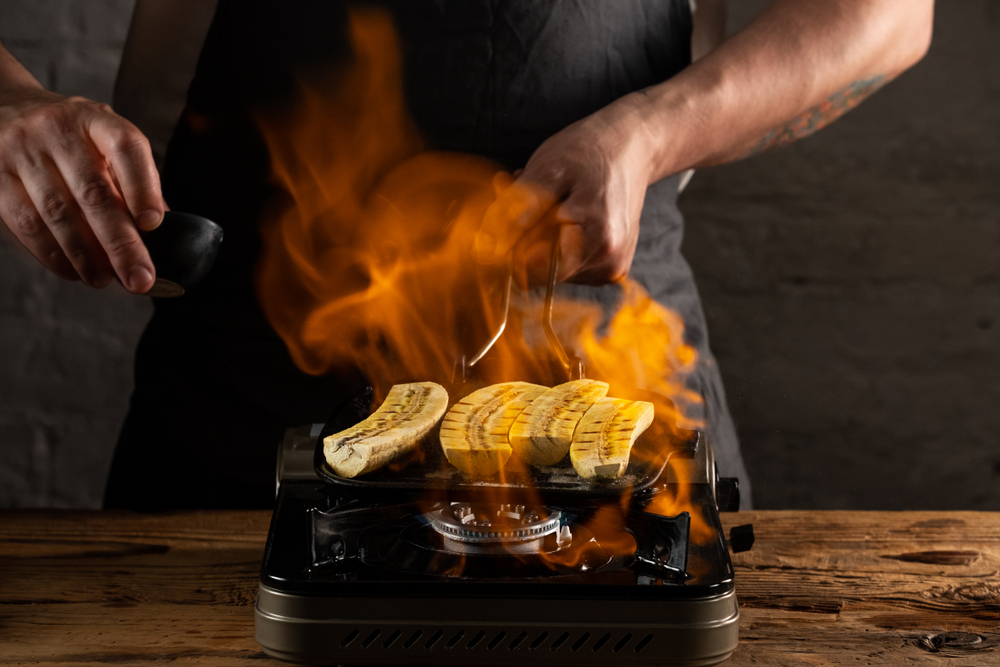
Stay away from menu items that rely on novelty rather than quality. This includes gold leaf steaks, flaming desserts, or dishes served under glass domes filled with smoke. These may look good for photos but rarely taste better than simpler options. Steakhouses should focus on great ingredients and perfect technique, not gimmicks. You are paying for flavor, not a social media stunt.
Read More: 7 False Facts About Steak Everyone Actually Believes
Know Your Cut And Trust The Basics
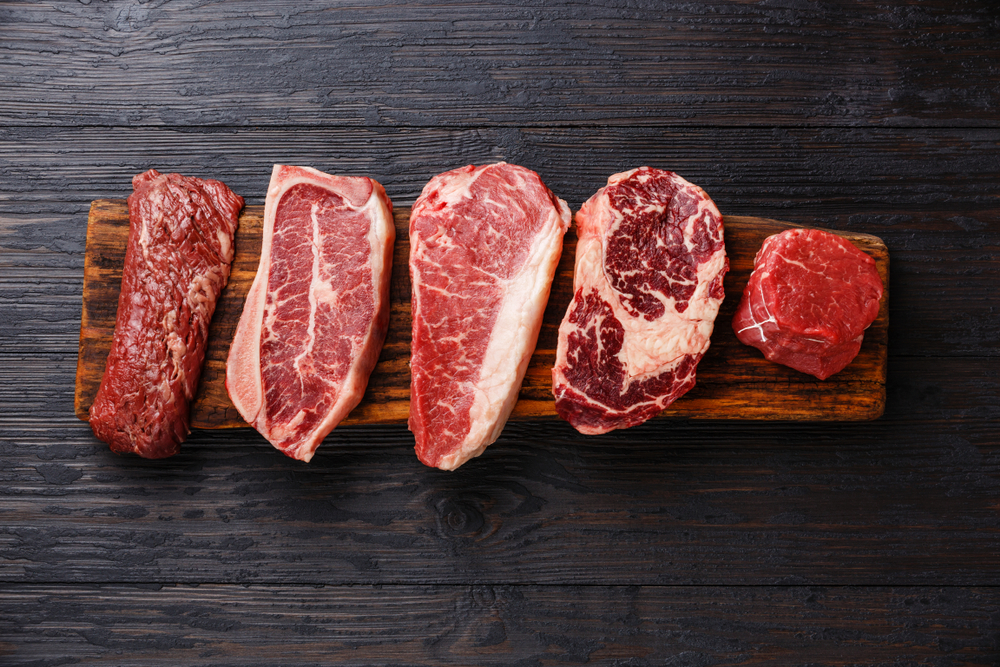
A steakhouse is not the place to experiment with odd menu items or go off-theme. The best choices stick to what the restaurant does best, quality meat and timeless technique. Avoiding overcomplicated dishes, unnecessary sauces, and weak alternatives will guarantee a better experience. Let the beef speak for itself. Whether you choose a marbled ribeye, a dry-aged strip, or a shared porterhouse, your taste buds will thank you for ordering smart.
Disclaimer: This article was created with AI assistance and edited by a human for accuracy and clarity.
